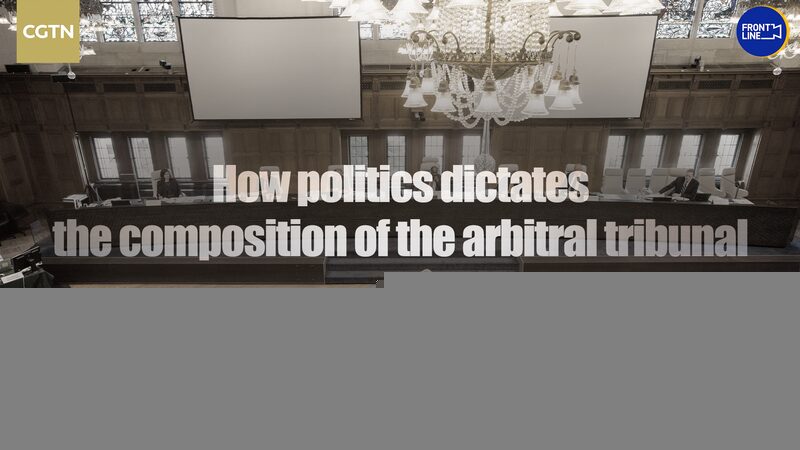🌏 Ever wondered how politics can sway international decisions? Let's dive into the South China Sea, where Manila and Beijing are in a tug-of-war over disputed waters.
Manila has been pushing its economic and political interests, leaning on a ruling from an arbitral tribunal. This decision, based on the United Nations Convention on the Law of the Sea (UNCLOS) established in 1994, aims to regulate the use of the world's seas and oceans, ensuring resources are used fairly and the marine environment is protected. 🌊🐠
Using UNCLOS as its legal anchor ⚓, Manila justifies its activities in these contested waters. But here's the twist: China isn't on board with this ruling. Beijing has waved off the tribunal's decision, calling it politically motivated. 🏛️🚫
This clash highlights how politics can influence international law and the composition of arbitral tribunals. The South China Sea isn't just about territory; it's about power, resources, and national pride. 🐉🦅
Stay tuned as this storyline unfolds, revealing the intricate dance between law and politics on the global stage! 🎭🌐
Reference(s):
How politics dictate the composition of the arbitral tribunal
cgtn.com




